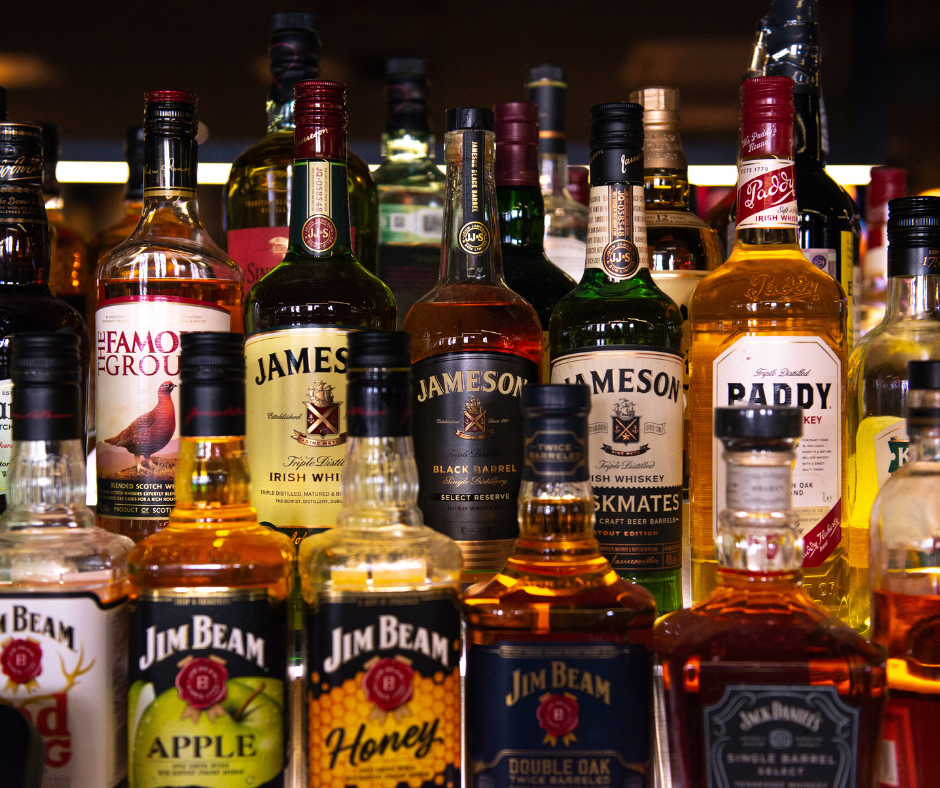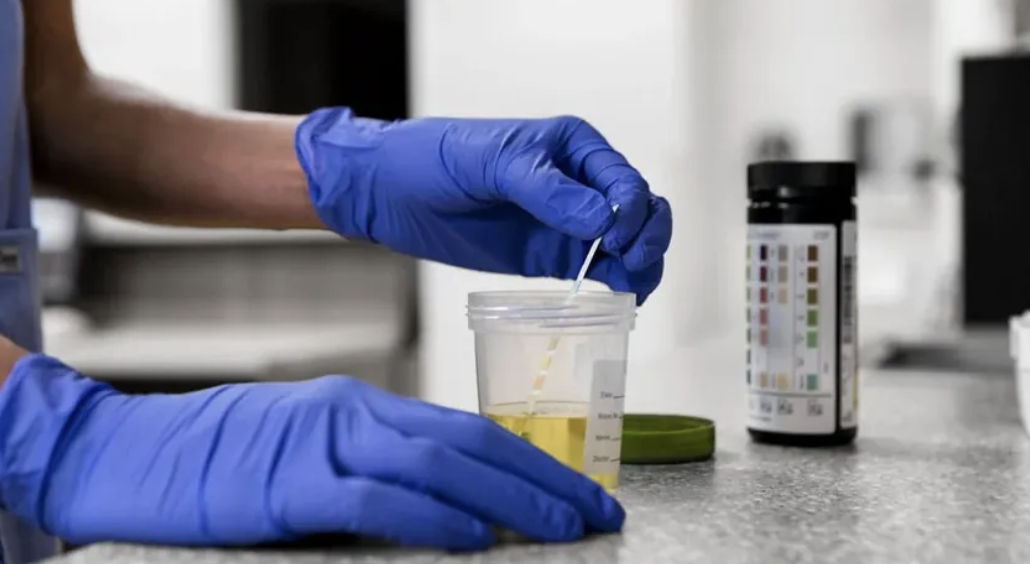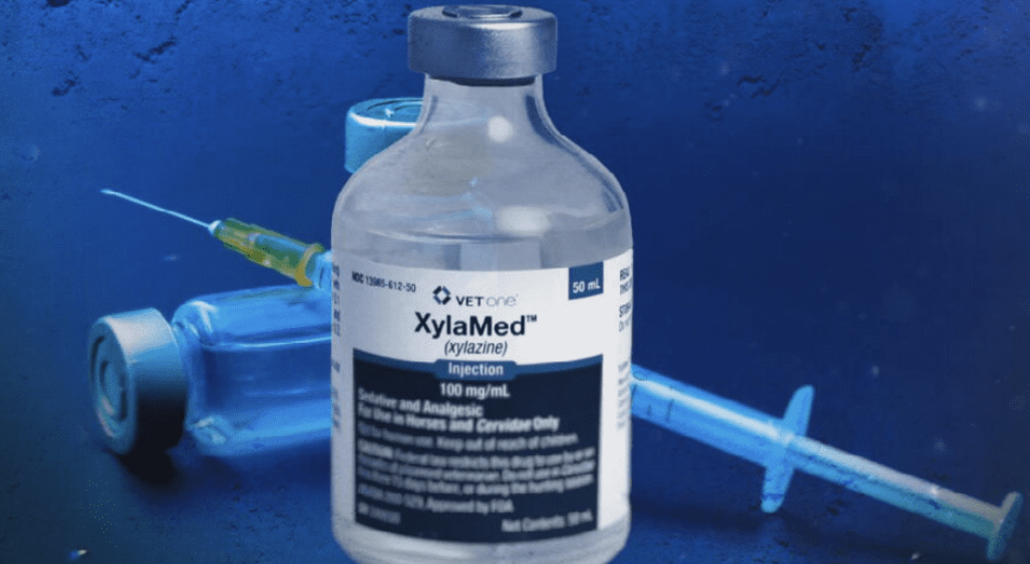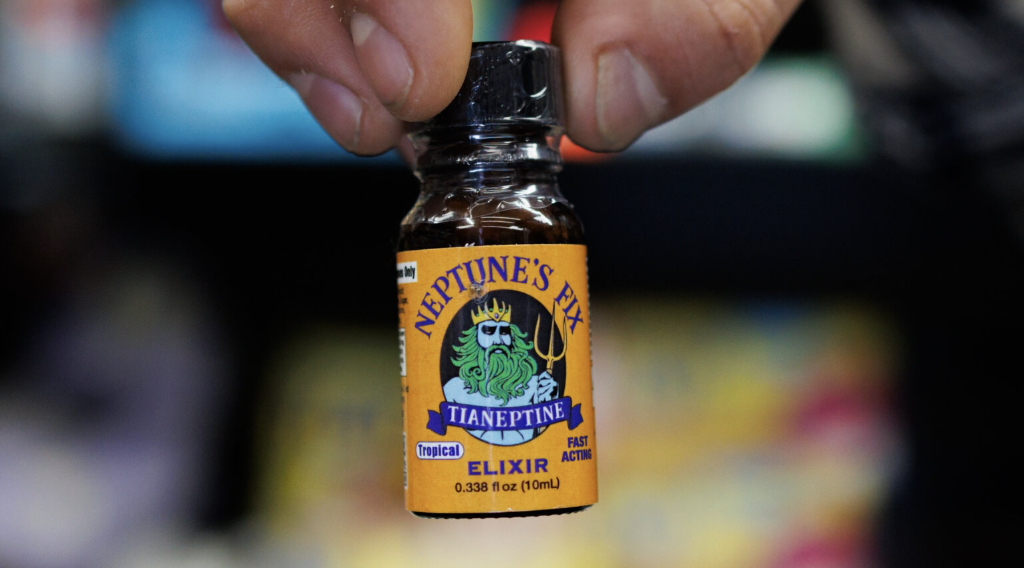A hangover is the uncomfortable aftermath of drinking alcohol, and it raises the question: What is a hangover? It includes symptoms like headache, nausea, and fatigue. This article explains why hangovers happen, what symptoms to expect, and ways to alleviate them.
Key Takeaways
- Hangovers are caused by dehydration, inflammation, gastrointestinal irritation, blood sugar drops, and sleep disruption due to alcohol consumption.
- Symptoms of a hangover often include fatigue, headache, nausea, and sensitivity to light, and can last up to 24 hours.
- Preventing hangovers can be achieved by pacing drinks, eating before drinking, and staying hydrated, while frequent hangovers may indicate a risk of alcohol misuse and warrant professional consultation.
What causes a hangover?
A hangover results from a complex interplay of physiological, neurological, and chemical changes triggered by alcohol consumption. When we drink alcohol, our bodies undergo several processes that can lead to dehydration, inflammation, gastrointestinal irritation, blood sugar drops, and sleep disruption. Each of these mechanisms contributes to the unpleasant symptoms of an alcohol hangover we experience the following day.
Knowing these mechanisms enables better management and potential prevention of hangovers.

Dehydration and electrolyte imbalance
Alcohol acts as a diuretic, prompting the kidneys to produce more urine, which leads to increased fluid loss and dehydration. This diuretic effect also causes the loss of essential electrolytes like sodium and potassium, exacerbating hangover symptoms such as:
- thirst
- dry mouth
- headache
- nausea
Drinking electrolyte-rich beverages, like sports drinks or Pedialyte, helps restore fluid and electrolyte balance, alleviating symptoms.
Inflammatory response and immune system
Alcohol consumption triggers an inflammatory response in the body, which can worsen hangover symptoms. The release of proinflammatory cytokines, such as Interleukin-6 (IL-6) and tumor necrosis factor-alpha (TNF-α), contributes to headaches, fatigue, and nausea. Additionally, alcohol increases inflammation.
Additionally, this immune response can disrupt memory formation and increase oxidative stress, worsening hangover discomfort, affecting immune and brain activity.
Gastrointestinal irritation
Alcohol irritates the stomach lining, leading to increased production of stomach acid and delayed gastric emptying, which can cause nausea, an upset stomach, and abdominal pain. This irritation can result in a burning sensation and a feeling of fullness, often referred to as alcoholic gastritis.
In severe cases, excessive drinking can erode the stomach lining, increasing the risk of developing peptic ulcers.
Blood sugar drops
Drinking alcohol can interfere with the liver’s ability to produce glucose, leading to a drop in blood sugar levels, also known as hypoglycemia. This drop can cause symptoms similar to those of a hangover, including fatigue, weakness, and cognitive impairment.
Effectively managing blood sugar levels during and after drinking mitigates these symptoms and improves recovery.
Sleep disruption and REM suppression
Alcohol consumption disrupts normal sleep patterns, particularly by suppressing REM sleep, which is essential for restorative rest. This disruption leads to fragmented sleep and increased wakefulness during the night, contributing to the fatigue and overall malaise often experienced during a hangover.
Maintaining good sleep hygiene and avoid alcohol completely before bedtime reduces hangover severity.
What are the symptoms of a hangover?
Hangover symptoms typically manifest when blood alcohol levels drop, commonly peaking the morning after excessive drinking. These alcohol hangover symptoms can vary widely among individuals but often include:
- Fatigue
- Excessive thirst
- Headache
- Nausea
- Sensitivity to light and sound
- Poor concentration
- Anxiety
- Irritability.
Identifying these symptoms enables better management and treatment.
Neurological symptoms
Neurological symptoms of a hangover include:
- Throbbing headaches
- Sensitivity to light and sound
- Dizziness
- Difficulty concentrating and changes in brain activity
These symptoms are often exacerbated by dehydration, which is a common consequence of drinking alcohol and the effects of alcohol.
Muscle aches and extreme tiredness are also typical symptoms, adding to the overall feeling of discomfort.

Gastrointestinal symptoms
Gastrointestinal symptoms are common during a hangover and include common hangover symptoms such as:
- Nausea
- Vomiting
- Stomach pain
- Loss of appetite
Increased stomach acid production due to alcohol consumption can lead to nausea and potential vomiting. These digestive disturbances contribute significantly to the overall unpleasantness of a hangover.
Psychological symptoms
Psychological symptoms, often referred to as what is hangxiety, include anxiety, irritability, and low mood. These mental symptoms arise from disruptions in neurotransmitter levels such as serotonin and dopamine, which are affected by alcohol consumption.
Being aware of these psychological effects aids in developing management strategies.
How long does a hangover last?
Hangover symptoms typically peak as the blood alcohol level returns to zero and can last around 24 hours, though they may extend beyond this period. The duration of a hangover can vary based on several factors, including the amount of alcohol consumed, sleep quality, hydration levels, age, and liver health.
Recovery involves how the body processes alcohol, and understanding the alcohol recovery timeline can help anticipate how long it may take to clear toxins and restore normal function.
Hangover vs. alcohol withdrawal: What’s the difference?
While hangovers typically arise after a night of drinking, alcohol withdrawal symptoms occur upon abruptly stopping alcohol after long-term use. Hangovers usually resolve within a day, whereas alcohol withdrawal symptoms can persist for days and require medical care.
Recognizing the distinction between these conditions is vital for proper management and treatment.
Timeline and severity
Differences between hangover symptoms and alcohol withdrawal symptoms:
- Hangover symptoms typically develop a few hours after drinking and last for a maximum of one day.
- Alcohol withdrawal symptoms can appear six hours post-drinking and may persist for over a week.
- The severity of withdrawal symptoms can far exceed those of a hangover.
- Withdrawal symptoms may include dangerous conditions like seizures and hallucinations.
Hangovers are usually mild and caused by overindulgence, while alcohol withdrawal is a serious condition linked to physical dependence on alcohol.
Symptom profile
While both hangovers and withdrawals share some symptoms, withdrawal symptoms can include severe manifestations such as hallucinations and seizures. Hangovers typically involve mild discomfort, such as headaches and nausea, whereas alcohol withdrawal can lead to severe dehydration and dangerous physical reactions.
Identifying these differences is crucial for appropriate response and care.
When to seek help
Frequent hangovers may signal a tendency toward alcohol addiction and warrant consultation with a specialist to prevent escalating alcohol use disorder. If hangover symptoms interfere significantly with daily life or relationships, it’s important to recognize that hangovers dangerous may lead to further complications, making it essential to seek professional help.
Emergency assistance is necessary if someone exhibits severe symptoms such as confusion, slow or irregular breathing, or seizures after drinking.
Are some people more prone to hangovers?
Some individuals are more prone to hangovers because the way a hangover varies is influenced by factors like:
- Genetics
- Age
- Sex
- Weight
- Drinking habits
- Overall health
Genetic predispositions play a significant role in hangover frequency and severity, explaining about 40-45% of the variation.
Recognizing these risk factors helps identify those at higher risk, allowing for tailored prevention strategies.
Genetics and metabolism
Genetic factors, particularly variations in the ADH1B and ALDH2 genes, significantly influence alcohol metabolism and hangover susceptibility. These genetic differences can account for nearly half of the variation in hangover frequency among men and women.
Individuals with slower alcohol breakdown due to these genetic variants often experience more severe hangovers as their bodies struggle to process alcohol efficiently.
Alcohol sensitivity
Alcohol sensitivity varies widely among individuals, influenced by factors such as gender, age, and health conditions. People who report greater sensitivity to alcohol often experience more severe hangover symptoms. Those with certain genetic variations related to alcohol metabolism may also have heightened hangover symptoms, making it crucial to understand personal limits and respond accordingly.
Can certain drinks make hangovers worse?
The type of alcoholic beverage can significantly impact the severity of a hangover. Dark-colored drinks like whiskey, brandy, and red wine contain higher levels of congeners, which are by-products of fermentation and distillation that can intensify hangover symptoms. In contrast, clear spirits like vodka and gin typically have fewer congeners, potentially leading to milder hangovers.

Congener-rich vs. congener-light alcohol
Congeners, such as methanol and acetone, are more prevalent in darker alcoholic beverages like bourbon, tequila, and red wine. These substances contribute to the taste and color of the drinks but can also worsen hangover symptoms.
Clear spirits like vodka, gin, and light beers have fewer congeners, making them a better choice for those looking to minimize hangover severity.
Sugar and carbonation
Sugary mixers and carbonated drinks can exacerbate hangover effects by increasing dehydration and speeding up alcohol absorption into the bloodstream. The high glucose content in sugary mixers can lead to unstable blood sugar levels, while carbonation from drinks like champagne and soda accelerates alcohol absorption, potentially leading to more severe hangover symptoms.
What are the best hangover treatments and remedies?
While no scientifically proven remedies exist for hangovers, several strategies can help relieve hangover symptoms, including hangover remedies such as:
- Hydration
- Electrolyte replenishment
- Rest
- Over-the-counter pain relievers These are commonly recommended to manage hangovers.
These approaches focus on addressing dehydration, restoring electrolyte balance, and reducing inflammation and pain.
Hydration and electrolytes
Drinking fluids helps combat dehydration and is essential for recovery. These include:
- Water
- Fruit juice
- Electrolyte-rich beverages, such as sports drinks or coconut water, which are particularly effective in restoring fluid balance and alleviating hangover symptoms.
Replacing lost electrolytes through drinks like these is a crucial part of a hangover cure recovery.
Food and blood sugar stabilization
Consuming bland foods such as toast or crackers can help stabilize blood sugar levels and soothe the stomach. Simple carbohydrates provide a quick source of energy, while proteins and fruits can aid in recovery by providing essential nutrients.
Balanced meals help mitigate blood sugar drops linked to alcohol consumption.
Over-the-counter medications
Non-prescription pain relievers like ibuprofen can alleviate headaches and muscle pain but should be used cautiously due to potential stomach irritation. Acetaminophen, while effective for pain relief, should be avoided in combination with alcohol due to the risk of liver damage.
NSAIDs like aspirin and ibuprofen are commonly used to reduce inflammation and pain during a hangover.
Can hangovers be prevented?
Practical strategies for preventing hangovers include:
- Pacing drinks
- Eating before drinking
- Drinking water between alcoholic beverages
- Avoiding congeners
Alternating alcoholic drinks with water can help mitigate dehydration, while consuming food can slow alcohol absorption, reducing hangover intensity.
Even moderate drinking can still cause a hangover, so understanding personal limits is key.
When to worry about frequent hangovers
Frequent hangovers can indicate underlying health issues or escalating alcohol consumption, necessitating a consultation with a healthcare professional. Red flags include daily hangovers, blackouts, or increasing alcohol tolerance.
These may signal the development of alcohol use disorder and should not be ignored.
Signs of alcohol misuse
Indicators of alcohol misuse include:
- Craving alcohol
- Drinking more than intended
- Experiencing withdrawal symptoms
- Significant disruptions in daily life, such as conflicts at home or work
- Developing a tolerance to alcohol
Binge drinking and experiencing physical, social, or relationship problems due to alcohol consumption and consuming alcohol also signify potential alcohol abuse, including drinking too much alcohol.
Seeking professional support
Help from healthcare providers can lead to effective treatments for alcohol use disorder, including therapy and medication. Professional support is particularly vital for those with a history of alcohol misuse, as frequent hangovers may signal the need for intervention.
Addiction specialists can provide tailored treatment options and support services for recovery.
Bottom Line: Hangovers
Hangovers result from a complex interplay of physiological, neurological, and chemical changes triggered by alcohol consumption. Symptoms such as headaches, nausea, fatigue, and anxiety are common and can vary in severity based on several factors, including the amount and type of alcohol consumed, genetics, and overall health. Understanding these mechanisms can help in managing and potentially preventing hangovers.
By adopting practical strategies like pacing your drinks, staying hydrated, and choosing lower-congener beverages, you can reduce the likelihood of severe hangovers. If you experience frequent hangovers or suspect alcohol misuse, it may be time to explore how to quit drinking alcohol and seek professional support. Remember, the best way to avoid a hangover is to drink responsibly and be mindful of your body’s limits.
FAQs about hangovers
Do hangovers get worse with age?
Yes, hangovers can become worse with age due to changes in body composition, liver function, and overall health.
Can you get a hangover from one drink?
It is possible to experience hangover symptoms even after a single drink, particularly if you are sensitive to alcohol or consume it on an empty stomach.
Is “hangxiety” real?
Yes, “hangxiety” refers to the anxiety and irritability experienced during a hangover, caused by disruptions in neurotransmitter levels.
Can hydration alone cure a hangover?
While hydration is crucial, it may not be enough on its own. Electrolyte replenishment, rest, and proper nutrition are also important for recovery.
Should I see a doctor for frequent hangovers?
Yes, frequent hangovers may indicate an underlying issue or alcohol misuse, and consulting a healthcare professional is recommended.
















